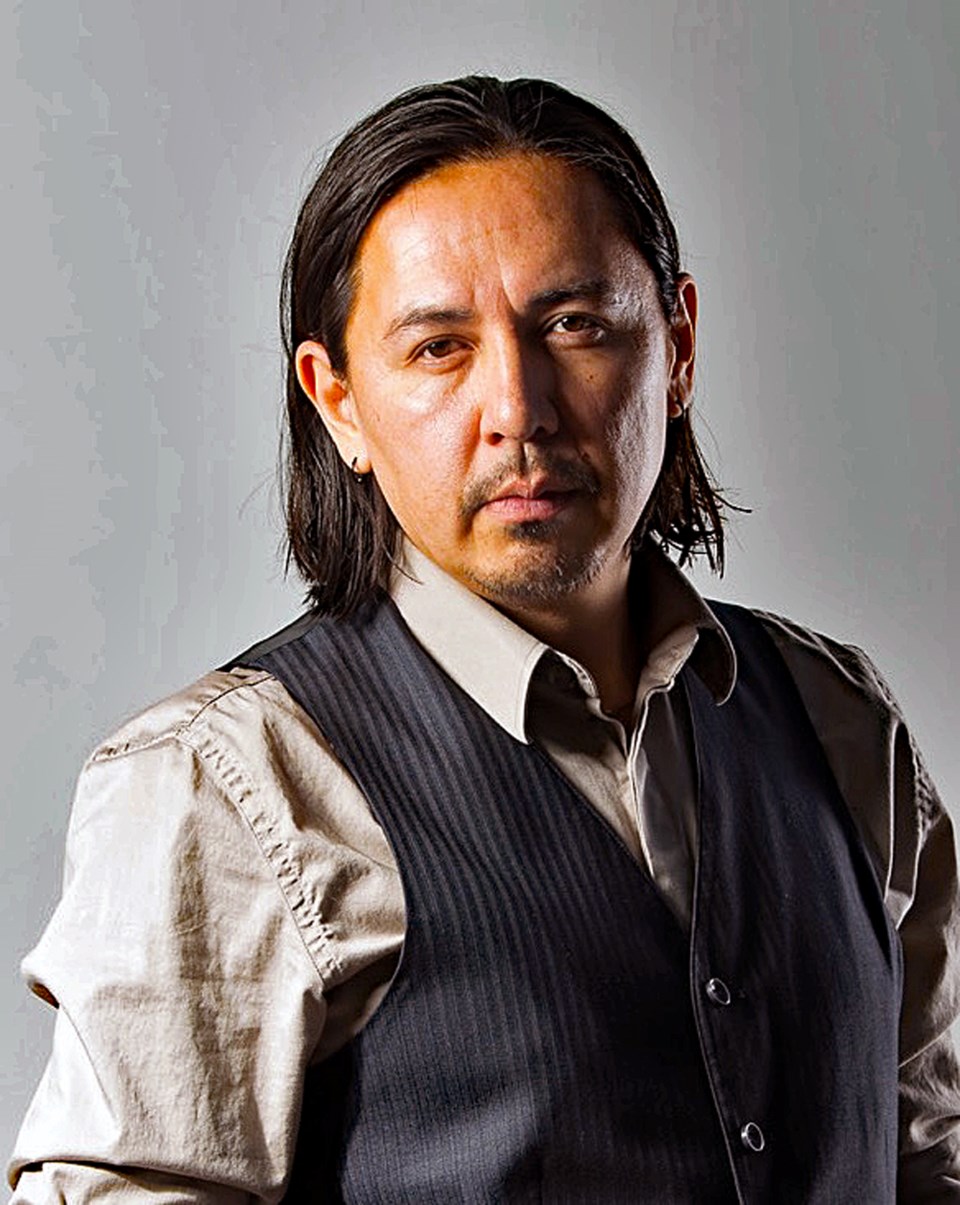SASKATOON — Life was not easy for Curtis Peeteetuce while growing up as an Indigenous person in the city. He was often bullied — verbally and physically — in the schools he was in for being a minority.
Those were tough years as he was called offensive names that led him to struggle to find his cultural identity and connect with his Indigenous roots. He even lied about it when his son asked him if he had a hard life growing up, but later told him the truth.
“I said, ‘I had a good childhood. I was blessed, and everything was amazing.’ Then, as he got older, I told him the truth and apologized for lying. I was thankful when I was growing up, but life was not easy as an Indigenous child, especially in Saskatoon,” Peeteetuce told SASKTODAY.ca.
“I went to many schools where I was the minority in the classroom. That can lead to low self-esteem and identity challenges. I experienced a lot of that growing up. I have very low self-esteem. I did not know who I was as an Indigenous person. Everything I heard about being Indigenous back then comes from a very racist foundation.”
Peeteetuce, a Cree from the Beardy’s and Okemasis First Nation, added that being called many names and bullied when he was growing up led him to feel ashamed of being an Indigenous person back then. Still, with the help of his family and their community, his perspective gradually changed.
“A little bit of my life back then was challenging. It was not easy being Indigenous in Saskatoon. I imagine it is not the same for other people across Canada. But that does not mean my life was gloomy; I had a lot of beautiful moments in my childhood and was surrounded by great people,” he said.
“I had a lot of other things, and I excelled in school. I did very well. I have my mom and sisters. I had a home, a warm shelter and clothes while I was growing up. It was not easy being an Indigenous person back then.”
Peeteetuce, who now works as a Student Support Worker at St. Frances Cree Bilingual School, overcame those challenges. As he got older, he was slowly introduced to their cultures and traditions, which made him reconnect with his Indigenous roots despite some resistance.
“I rejected my own culture, language and history at first. As I got older, I became more immersed in Indigenous schools. Being around other Indigenous students and Indigenous people, I started gaining pride in who I was. I started learning more about our history, culture and language,” said Peeteetuce.
“I am still here. Along the way, I’ve had educators, friends and family guiding me. They kept me on the right path because I often felt lost and did not know where I was going. I am very thankful for those who helped introduce me to my Indigenous roots.”
Peeteetuce is one of the Indigenous artists participating in the Library Services for Saskatchewan Aboriginal Peoples Aboriginal Storytelling Month, which started on Feb. 1, Wednesday. He has been involved in the project for 16 years as a storyteller, aside from being involved in Indigenous performing arts as an actor, writer, director, dancer and musician. He has worked in theatre, radio, drama, music and film.
“I have a few bookings [storytelling], but I am more interested in working with students at our school [St. Frances Cree]. One of the things I’m taking advantage of people booking me is turning it around to be a presentation that the students do themselves,” said Peeteetuce.
“I want to pass all that knowledge to the kids and the students so they carry on our culture and storytelling tradition. For these students, it will be about their journey into the cultural dances and the story of who they are.”
He holds an Indigenous Studies degree from the then-Saskatchewan Indian Federated College, an affiliate of the University of Regina. His works as a playwright are based on cultural and societal issues that Canada’s Indigenous Peoples face in their everyday lives.
Being a storyteller is something other than what he had planned, but being introduced to their culture by meeting Indigenous artists and later getting involved as a performer helped him decide that the youth should learn about their culture, language and tradition.
“Growing up and being exposed to Indigenous education allowed me to meet the right people who are artists, singers, dancers and educators. So, all of these role models amalgamated with my wanting to do something positive as I was growing up. Most of us struggled and have been challenged growing up and trying to find direction in our lives and the path we want to be on,” said Peeteetuce.
He became a storyteller in his twenties, and the stories he learned from other storytellers introduced him to their culture, history and language that he had not known when growing up. His identity as an Indigenous person intensified through storytelling as his connection to his past gave him strength and meaning to his place in this world.







